The Department of Mathematical Sciences Newsletter (2023)
"It is impossible to be a mathematician without being a poet in soul."
~Sofia Kovalevskaya (Mathematician)
|
We're proud of the many accomplishments of our students and faculty in 2022. We hope you enjoy learning about of few of them! |
|---|
"Doctor, doctor, give me some news..."
Eleven of our students earned their PhDs in 2021 and 2022
Adewale Adeolu "Preservice Teachers' Construction of Computational Thinking Practices through Mathematical Modeling Activities"
Emmanuel Barton Odro "Student Engagement in an Online Calculus I Course: Behavioral, Cognitive, and Social Dimensions"
Robin Belton "Directed Graph Descriptors and Distances for Analyzing Multivariate Time Series Data"
Paul Harmon "Applications and Diagnostics for Dimension Reduction of Multivariate Data”
Adam Howard "Spaces of Immersions and their Homotopy Groups"
Kara Johnson "An Adaptive Genetic Algorithm for Fitting DeGroot Opinion Diffusion Models on Social Networks”
Kelly MacArthur "Rehumanizing College Mathematics: Centering the Voices of Latin*, Indigenous, LGBTQ+ and Women STEM Majors”
Christopher McKay "Critically Fixed Anti-Rational Maps, Thischler Graphs, and their Applications”
Elijah Meyer "Investing Newer Statistics Instructors’ Breakthroughs With and Motivations For Using Active Learning”
Catherine Potts "Adapting Archetypal Analysis to Scientific Imaging Applications”
Christian Stratton "Clustering and Unconstrained Ordination with Dirichlet Process Mixture Models”
Welcome to our new Faculty Folks
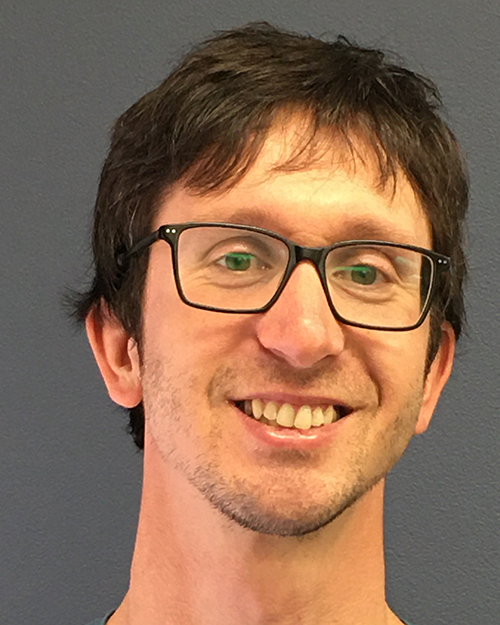
Samuel Gunningham
Samuel Gunningham’s work is broadly in the field of Geometric Representation Theory. His research utilizes ideas and tools from all over geometry, topology, mathematical physics, and related areas. Many of the phenomona he is interested in can be understood through the lens of topological field theory (TFT). In physics, TFTs arise when you consider a quantum field theory such that there is no dependence of the spacetime metric (often this will require some “twist” or limit of the original theory). Mathematically, a TFT may be understood as a certain gadget that assigns numerical and linear algebraic data to manifolds (i.e. pieces of spacetime). Deep and mysterious dualities predicted by physics (in particular, by string theory) thus give rise to concrete mathematical predictions which can (hopefully!) be precisely formulated and proved. A rich example of this phenomenon is the (geometric) Langlands program. This program has its origins in number theory, in particular the theory of modular and automorphic forms; physically, it corresponds to so-called S-duality in 4d N=4 super Yang-Mills.
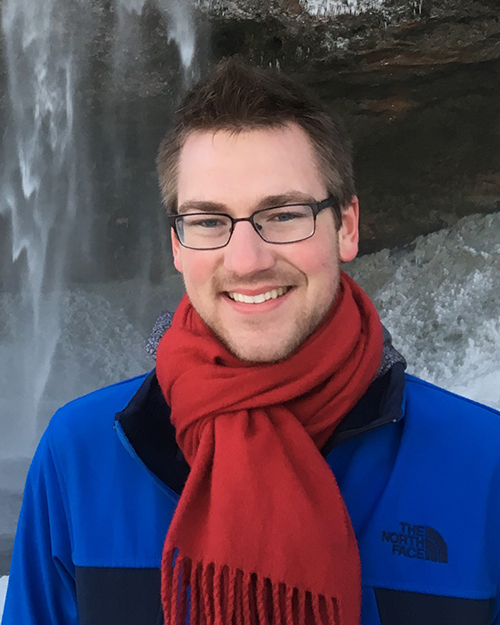
Ian Laga
Ian Laga
Ian Laga is primarily interested in Bayesian modeling and generalized linear models, and specifically applications related to HIV and hard-to-reach, or key, populations like sex workers and drug users. These populations have increased risk of HIV and other infectious diseases, and governments and organizations like UNAIDS need accurate population size estimates for these key populations to implement prevention and treatment services. The statistical methods used to estimate population sizes are quite diverse, so his research involves small area estimation and geospatial methods, with a current emphasis on the Network Scale-up Method. He is currently involved in collaborative research projects to improve the Network Scale-up Method and estimate the size of various key populations across large areas, like sub-Saharan Africa. He is also broadly interested in anything related to Bayesian computing.

John Smith
John Smith
John Smith’s research is focused largely on Bayesian application driven methodology, with a particular interest in modeling, forecasting, and simulation of complex dynamical systems in ecology. Current collaborative research projects in that area include integrating data from the National Ecosystem Observatory Network (NEON) with process-based models for carbon budgets in a Bayesian state space framework, and fitting hierarchical thermal performance curves to estimate traits of common disease vectors (e.g. mosquitoes). Additional research interests include surrogate models for ecological applications, sports forecasting, and adoption of best practices for iterative near-term ecological forecasts.
In recognition
Megan Wickstrom
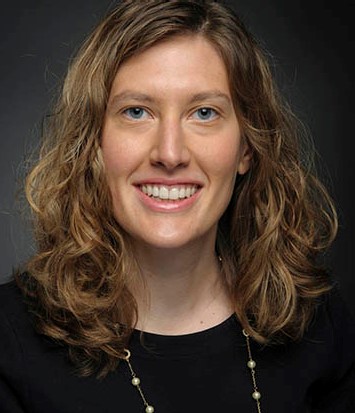
Megan Wickstrom, PhD, associate professor of Mathematics Education, has received the 2023 Early Career Award from the Association of Mathematics Teachers Educators (AMTE). The award honors distinguished contributions and exceptional potential for leadership in one or more areas of teaching, service and scholarship. Wickstrom’s focus is on teaching about modeling, a process that uses mathematics to analyze, make predictions or otherwise provide insight into real-world phenomena. Wickstrom says students tend to become enthusiastic about using mathematical concepts when they realize the skills they are learning can help solve problems that are important to them. Congratulations, Megan!
Cassie Baker
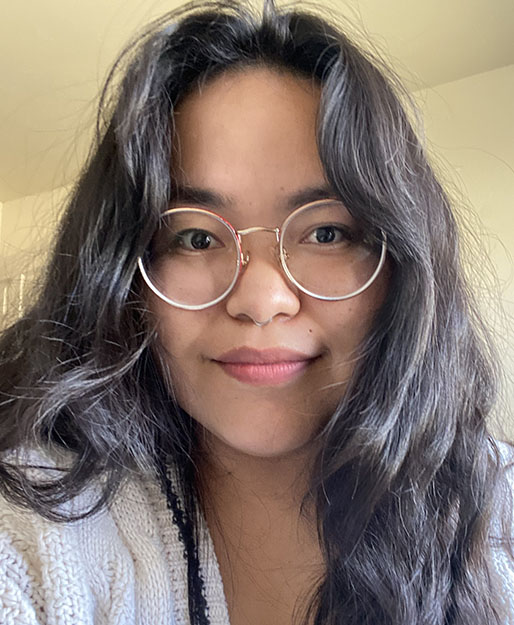
2022 Udall Scholarship was awarded to Cassandra (Cassie) Baker, a junior from Lame Deer majoring in math education. Cassie is using mathematical modeling techniques to gauge sustainability of the Northern Cheyenne language. She is also using modeling techniques to activate interest in math, STEM fields and cultural heritage in high school students in the region. Her goal is to return to her reservation to teach math, eventually becoming a professor in math education.
Stacey Hancock
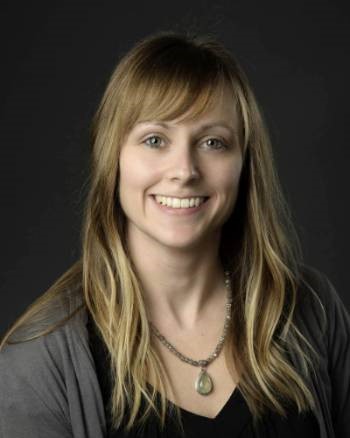
Stacey Hancock, PhD, won the SIGMAA’s Robert V. Hogg Award for Excellence in Teaching Introductory Statistics. Hancock has developed open source materials for the course, funded by an internal award, and developed an R package for running simulation-based inference. The course exemplifies active learning pedagogy with a student-centered approach that students enjoy and find effective.
The Mathematical Sciences General Scholarship fund enables us to award scholarships to deserving students. The Kenneth J. Tiahrt fund lets us support the needs of graduate students. The John W. Hurst Faculty Excellence fund and the Mathematics Education Faculty Enrichment fund support faculty scholarship and research. Gifts to the Mathematical Sciences General Support fund and the Academic Improvement in Mathematical Sciences fund enable us to support a variety of programs, research and students in the department. Visit msuaf.org/give-mathematics to make a gift.
